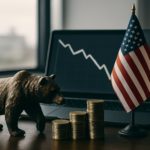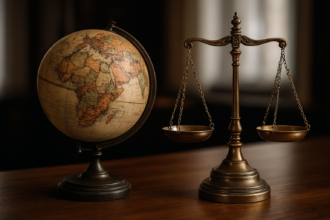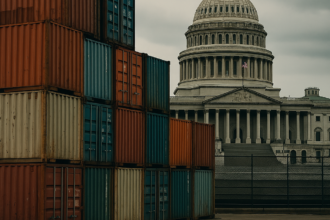The recent announcement of tariffs by former President Donald Trump, in the midst of the US election campaign, has rekindled a warning that Latin America is well aware of: the risk of becoming hostage to the power shifts of the major powers. In addition to the direct economic impacts, a political wave is beginning to form on the continent — marked by uncertainty, realignments and state opportunism.
Protectionism abroad, opportunism here
Whenever free trade is attacked, Latin American governments find fertile ground to justify new forms of intervention. The narrative is familiar: “If the US is closing down, we should protect our markets too.” The problem is that this logic leads to multiplication of barriers, increase in subsidies, and more distortions — precisely the opposite of what fragile economies dependent on foreign investment should seek.
Shrinking market, populism advancing
Capital is sensitive to instability — and protectionist rhetoric, coupled with lax fiscal policies and empty promises, creates a perfect environment for investor flight. As Friedrich Hayek pointed out, “the greater the power of the state to interfere, the greater the incentive for organized groups to seek favors.” It is no coincidence that, in such periods, populist politicians gain strength with speeches of self-sufficiency and economic nationalism.
The problem is not commerce — it’s the state
What many analysts ignore is that the cause of Latin America's vulnerability to US decisions is not in international trade, but rather in the lack of institutional resilience, economic freedom and political predictability in the countries themselves. More open economies, with clear rules and solid institutions, react better to external turbulence — because they attract investment based on merit, not patronage.
Lessons from the Austrian School
For Austrians, economic freedom is not just an instrument of efficiency—it is a pillar of social and political stability. Ludwig von Mises warned that protectionism does not strengthen nations, but only preserves internal inefficiencies at the expense of consumers and innovation. Latin America needs to hear more of these voices.
Conclusion:
The new American protectionism is a test for the continent. Some governments will take advantage of it to expand their powers. Others, perhaps a few, will see the crisis as an opportunity to reaffirm their commitments to free markets and global integration. History will show who made the right choice.





